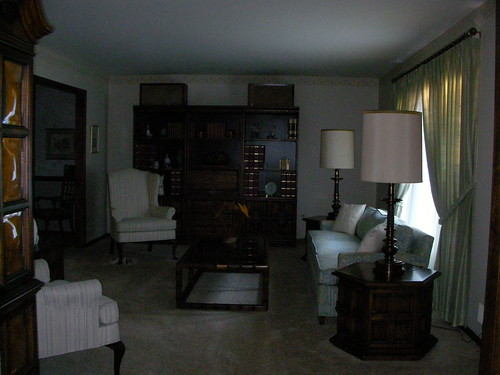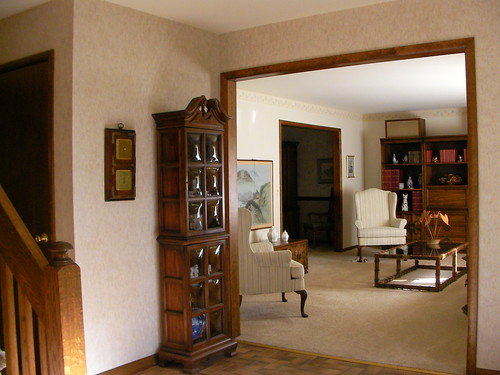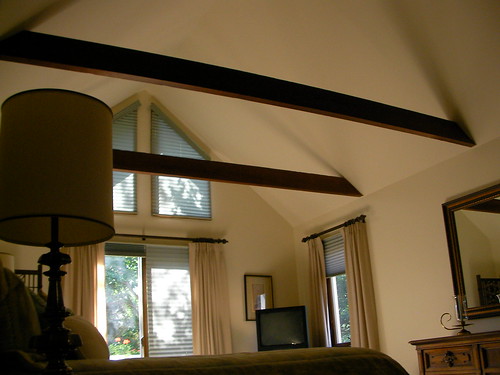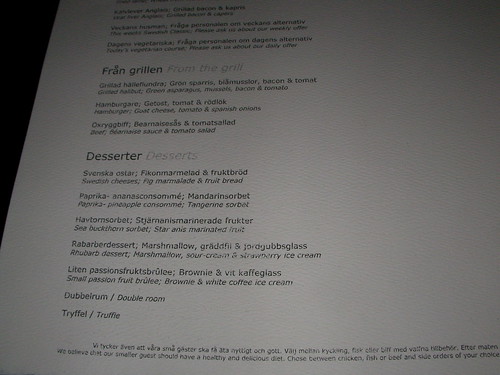If you’re a podcaster using GoDaddy promo codes as part of Podshow or Blubrry, it’s essential to know the numbers behind your promo codes and what they can be used for. Each code has different uses, and if you’re marketing your codes to your listeners, it’s vital to know which codes will fit their needs.
For Podshow Podcasters:
Code 1 is 10% off an order.
Code 2 is 5 off any order30 or more.
Code 3 is 2 off a dot com domain name.
For Blubrry Podcasters, I believe there’s a single code which nets 10% off.
Take a look at the GoDaddy products and services out there. Domain names are what they’re best known for, but they have other products and services that will probably net higher payouts that the1-3 per domain name you as a podcaster get for promoting their services.
For example, SSL certificates are used heavily in e-commerce. If you have business listeners, promoting SSL certs is a great opportunity, as some certs cost299/year. The promotions for 10% off the order are the only discount code that will work, and that will save users 30.
Do the math on the codes, especially for Podshow Podcasters.
Code 1 saves 10%. Code 2 saves a maximum of 16.7%, and declines in value as the order size gets larger. Code 3 saves 22%, but only applies to a single product line.
Economy hosting, for example, is about43. Which will save a listener more, code 1 or code 2?
Code 2. A user will save 11.6% vs. 10%.
If you’re committed to providing the best value to both listeners and advertisers, make sure you know your products and services that you’re advertising, and help people understand how they can save the most money.






